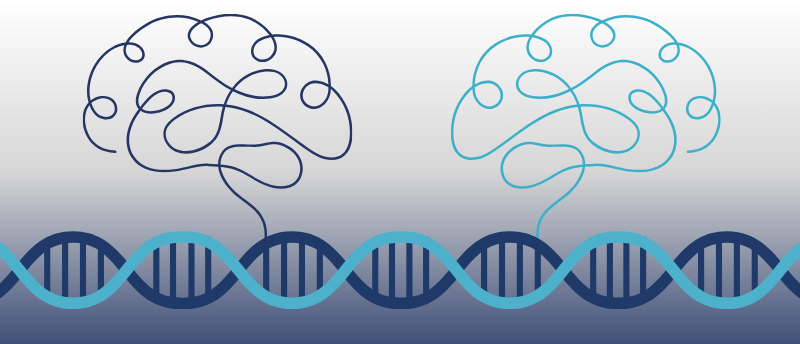The genetic variants underlying schizophrenia

A research collaboration has identified the genetic variants that underlie the development of schizophrenia.
A team at the University of North Carolina-Chapel Hill (NC, USA) has led a collaborative effort to identify the genetic variants that contribute to schizophrenia development by looking at which cause allelic activity. Thanks to previous genome-wide association studies, the team assessed the genetic variants already linked to schizophrenia to try and distinguish which underlie schizophrenia and which are meaningless.
Of course, determining which genetic variants are significant is no easy feat when a few are clustered. To overcome this challenge, the researchers used a massively parallel reporter assay (MPRA), a technique that can tease apart which variants trigger gene expression and which do not.
The researchers introduced 5000 variants that are associated with schizophrenia into human brain cells, which are essential to early human brain development, in a dish. These variants may or may not cause their gene or genetic barcode to be expressed downstream; the researchers used the expressed barcode, a 20bp DNA sequence unique to each variant, to distinguish one variant from another.
 Circular RNA implicated in neurological disorders
Circular RNA implicated in neurological disorders
Analysis of circular RNA in brain cells reveals their role in neurological disorders, suggesting they could be used in diagnosing these conditions.
MPRA identified 439 variants that expressed a genetic barcode, meaning that they have biological effects and can alter gene expression. “Traditionally, scientists have used other epigenetic data, such as transcription factor binding and biochemically defined enhancers, to identify variants with biological effects,” senior author Hyejung Won commented. “However, these conventional methods failed to predict a large portion of variants we identified to have biological effects. Our work points to a wealth of unexplored variants with biological effects.”
To determine how these variants collaborate to influence genetic activity, the team combined data from MPRA with the chromatin architecture of brain cells, developing a new model that can predict how these 439 variants affect gene regulation.
Although the team has identified 439 variants – out of 5000 associated with schizophrenia – that actually cause biological activity, further research is needed to understand the complex genetic architecture that leads to schizophrenia development. Won concluded, “with that information in hand, we could begin to understand the biological mechanism underlying this complex disorder, which may eventually lead to targeted therapies.”





